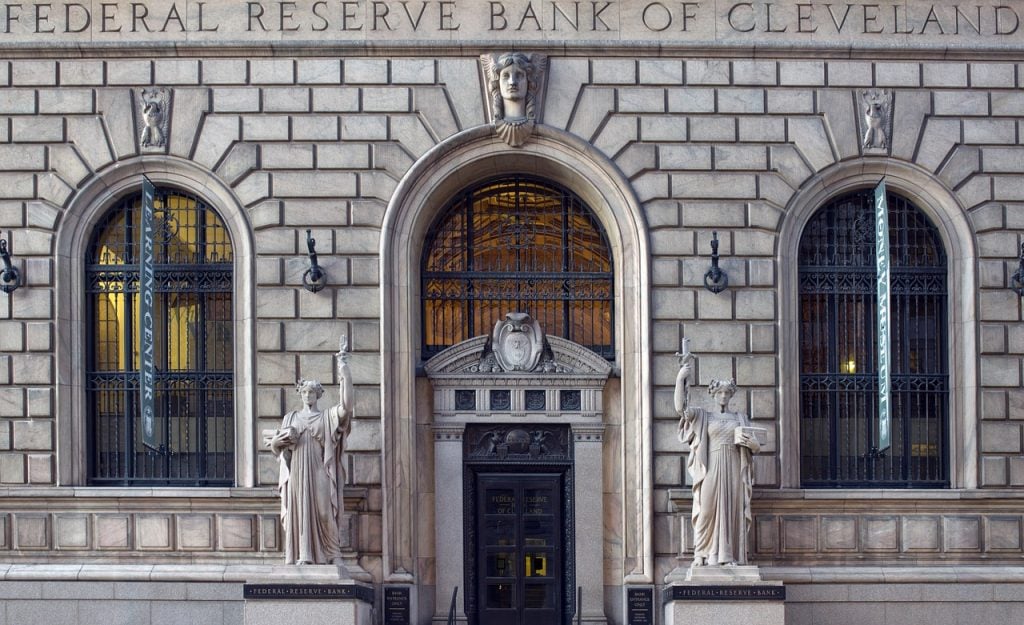In his Daily Market Notes report to investors, while commenting on the deficit ceiling, Louis Navellier wrote:
Q3 2021 hedge fund letters, conferences and more
We survey our investors each week, and this week’s topic was whether or not now is a good time to invest in stocks. Despite market gyrations, retail investors remain bullish.
Refreshing Poise
It looks like we just went through the pause that refreshed and these oscillations are about to end. And one of the reasons is, is a lot of the things that were overhanging the market of have dissipated. Obviously, the deficit ceiling is no longer a concern. Higher energy prices impacting Europe and other countries is now dissipating because Russia reassured Europe they have plenty of natural gas. Also, crude oil prices have started to ebb. Some of it's seasonal pressure. A lot of its OPEC increased their production. So that energy inflation that was starting to impact some economy severely is now dissipating.
Also, private payrolls are much stronger than anticipated. Today, we had new claims for unemployment and continuing claims both fell after rising for three weeks, especially on new weekly claims. And so, they finally fell and they were well below economist's expectations. That's setting the stage for a very, very strong Friday payroll report.
And that's important because the Fed has an unemployment mandate. And if the jobs really start to come back, then that'll allow the fed to go to this next stage and start to briefly taper and things like that. If the Fed starts to taper and/or next year raises key rates a quarter percent, it's not going to hurt growth stocks. Growth stocks are the place to be when rates start to tilt up just a tad. So our stocks are going to be in oasis.
We're going to have wave after wave of good earnings, starting the third week of October. It looks like for many stocks better earnings are coming from margin rather than sales expansion.
The Proposed Tax Increases Have Been Shelved
One thing that should help the U.S. consumer is the proposed tax increases have been shelved, due to the infighting within the Democratic Party that is scared of losing their majority in the 2022 mid-term elections. Essentially, any significant tax increase, even for infrastructure spending, would be viewed as a negative development heading into the 2022 mid-term elections.
Furthermore, Senator Joe Manchin made it crystal clear that no matter what spending package the House of Representatives passes, he had not been consulted and would likely not support the proposed bill. In the end, Senator Joe Manchin is the most powerful person in Washington D.C., so any spending and tax increases will have to be approved by him.
The good news is that as inflation continues to heat up and push China and other countries into a recession, the U.S. remains an oasis. The port bottlenecks and supply chain glitches persist, but at least the U.S. is not expected to be crippled by high coal and natural gas prices that are now hindering China and much of Europe.
Interestingly, the Fed’s favorite inflation indicator, namely the Personal Consumption Expenditures (PCE) index rose 0.3% in August and is now running at the highest level in 31 years.
Consumer Spending Up
However, the Commerce Department reported that consumer spending rose 0.8% in August, up sharply. Any time consumers are spending more than their income is a good sign.
So has we head into the fourth quarter, much of the uncertainty plaguing financial markets is starting to dissipate. The only thing that continues to frustrate many investors is inflation. The bottom line is that U.S. economy remains an oasis around the world, which is why the U.S. dollar is near a one-year high.
The Atlanta Fed on Tuesday lowered its third quarter GDP estimate to an annual pace of 1.3%, down from its previous estimate of 2.3%. The trade deficit and weaker than expected home sales seem to be the primary culprit behind the Atlanta Fed’s downward GDP revision. Overall, the U.S. seems constrained by ongoing port bottlenecks, which are getting worse as retailers strive to stock up on merchandise for the holidays.
The Facebook Outage
The Facebook, Inc. (NASDAQ:FB) outage earlier this week was one part of a perfect storm facing the company that also included alarming claims whistleblower Frances Haugen. In the end, Facebook still has a lot of allies in Congress, so it will be interesting to sell what, if any regulatory action will be taken against Facebook. I suspect that due to the First Amendment, very little action will be taken against Facebook.
The fourth quarter is a seasonally strong quarter that is characterized by positive gains for October, November and December. I should add that January is also a seasonally strong month, so we have four straight months of seasonal strength to look forward too. November is the strongest month in the fourth quarter, since we typically get an “early January effect” just before Thanksgiving, when small capitalization stocks seasonally surge.
v













